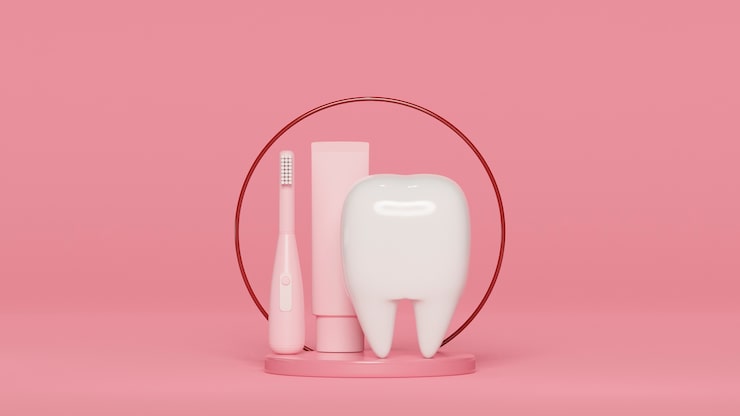We’ve all seen those dentist memes where every problem gets the same reply: “That’s because you don’t floss.” It’s funny because the line fits everything—headache, a lost tooth, even serious issues. The surprising truth is that poor oral care really can be linked to many serious health problems, including heart disease.
A long-suspected link between teeth and heart
The idea that oral health and heart disease are connected isn’t new—it was suggested over a century ago. Doctors noticed that people with poor dental health often had heart problems, and that many risk factors overlapped. Recent research has given more evidence: some gum diseases raise the risk of heart disease, and existing heart problems can show early signs in the mouth. Some heart medications also affect oral health. In short, poor oral and heart health can feed each other in a harmful loop.

How a bad mouth can affect your heart
The body is connected through the bloodstream. Bacteria from an infected mouth can enter the blood and travel to other organs. Severe gum infection (periodontitis) can let bacteria reach the heart, where they may attach to damaged heart tissue and cause inflammation of the heart lining (endocarditis). These bacteria can also inflame arteries, raising C-reactive protein levels—a marker of blood vessel inflammation—and increasing the risk of cardiovascular disease, atherosclerosis, and stroke.
Normally the mouth hosts millions of mostly harmless or helpful bacteria. Problems start when oral hygiene slips or other issues allow harmful bacteria to overgrow. That leads to tooth decay and gum disease.
How heart problems can harm your mouth
Some heart conditions and their treatments can hurt dental health—often because of medication side effects:
– High blood pressure: Calcium channel blockers can change taste, cause dry mouth, and make gums overgrow. Tell your dentist about these drugs so they can recommend care.
– Angina: These patients may also use calcium channel blockers.
– Stroke: Stroke can reduce saliva, causing dry mouth; artificial saliva may be needed. Stroke patients often take anticoagulants, which increase bleeding risk during dental procedures.
Shared risk factors for gum and heart disease
Several factors raise the chance of both oral and heart problems:
– Vitamin K2 deficiency: K2 helps the body use calcium properly. Without it, calcium may not get into teeth and bones and can instead build up in blood vessel walls, contributing to atherosclerosis.
– Smoking: Damages arteries and increases plaque and decay in the mouth.
– Poor diet: Lack of calcium, phosphorus, vitamins, and minerals harms both teeth and the heart.
– Genetics: Family history can increase risk for either condition, and having one makes the other more likely.
What to watch for
Often dental disease doesn’t show clear symptoms until it’s advanced—recurrent abscesses or loose teeth are late signs. Early stages start with plaque buildup, then gingivitis (red, swollen gums that bleed when brushed). If untreated, gingivitis can become periodontitis, where bacteria colonize pockets around teeth, causing more inflammation and eventually tooth loss.
How to prevent gum disease
Because problems can be silent, prevention is key. Follow a solid oral care routine:
– Brush daily: Brush first thing in the morning and before bed, and after meals if possible. Use a soft-bristled toothbrush and ADA-approved fluoride toothpaste. Replace the brush every 3–4 months or sooner if worn.
– Floss daily: Floss reaches areas your brush can’t. Use dental floss or a water flosser and follow the correct technique to avoid hurting your gums.
– Eat well: Ensure enough calcium (dairy, fortified drinks, almonds, leafy greens, canned salmon), phosphorus, vitamin C, and other nutrients. Too much soda and caffeine can interfere with calcium use.
– Monitor risk factors: If you’re pregnant, have diabetes, heart disease, or a family history of gum problems, have regular checkups with your dentist and doctor.
– Quit smoking: Smoking raises the risk of both gum and heart disease.
– Watch medications: If you take calcium channel blockers, anticoagulants, or other drugs that affect oral health, keep your dentist informed and take extra care with hygiene.
Research continues to explore the link between oral and heart health. While there’s more to learn, the evidence shows a strong connection. Simple habits—like brushing and flossing—can make a real difference in protecting both your mouth and your heart.